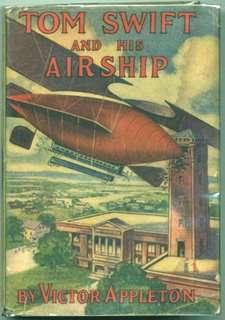 Happy World Poetry Day!
Happy World Poetry Day!See the link below:
http://www.unesco.org/culture/creativity/literature/html_eng/poesie1.shtml
I edited a "world poetry" anthology in 2002 with Phil Norton, which was published in New York by Rattapallax. It is called Short Fuse, and is still a very good introduction to what I consider the three main poetries currently developing in the English-speaking world at the start of the 21st century: mainstream lyric, linguistically innovative, and performance/alternative - the second and third of these categories between them include additional experiments with multimedia, hypertext, cinema and other art practices; the Short Fuse collection chose to describe the meeting point of all three of these widely-differing writing practices and kinds of poetry as "fusion poetry" - a term which has not been adopted by most critics or academics - perhaps because the very idea of finding common ground between these radically diverse and at times disparate and conflicting practices suggests the utopian endpoint of a history of struggling discourse between them, which various poets find more fertile if left in play - that is, fusion seemed a history of consensus, instead of healthy friction and interplay.
It was meant, instead, to argue for just such a dialectical (historical) and practical working through, to a place where ideas about poetic artifice, and traditional form, and politically open speech, from the margins, could converge and diverge, in new, informative and constructive ways.
At any rate, the collection remains a place to find a very varied look at new poetries from America, Australia, New Zealand, Canada, Ireland and the UK, and includes Don Paterson, Simon Armitage, Charles Bernstein, Ron Silliman, Patricia Smith, Regie Cabico and 169 others.
It can be ordered below:
http://www.rattapallax.com/fusion.htm
and again here:
http://www.amazon.co.uk/exec/obidos/ASIN/1892494531/026-8676461-9598851
Comments